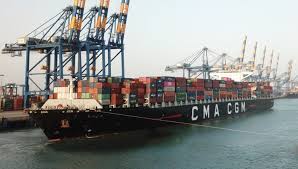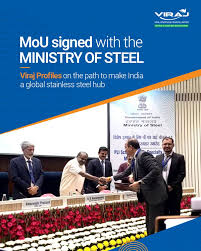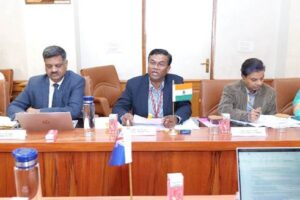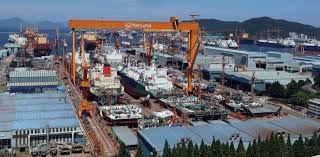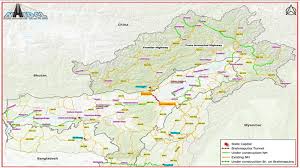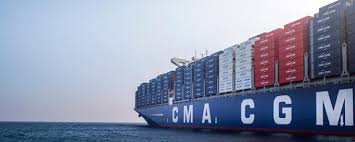The National Centre for Sustainable Coastal Management in Chennai recently granted CRZ (coastal regulation zone) clearance for the seaport that was planned to be built at Machilipatnam in the Krishna district, which allowed the A.P. Maritime Board to move forward with the process of obtaining approval from the Ministry of Environment, Forest and Climate Change (MoEFCC) and the A.P. Pollution Control Board (APPCB).
An APPCB committee is likely to soon clear the way for the construction of this greenfield port, which will be spread across around 1,145 acres. The contract for engineering, procurement, and construction (EPC), which was originally awarded to Navayuga Engineering Company Limited but was later canceled by the State government for a number of reasons, has not yet been awarded, according to some senior officials involved. However, the Detailed Project Report has been created and reviewed by RITES Limited.
High-ranking sources have now told us that a group of businesses managed by Megha Engineering and Infrastructure Limited is the front-runner in the race for the contract. Regarding project funding, Hyderabad-based Capital Fortunes Private Limited started the debt syndication process, and Punjab National Bank, State Bank of India, Bank of India, and India Infrastructure Finance Company Limited—all wholly-owned government of India companies that lend to infrastructure projects—also expressed interest in providing loans. About 5,160 crore is what the project is likely to cost.
Once the necessary legislative clearances have been obtained, Machilipatnam Port Development Corporation Limited, a special-purpose vehicle, has been floated to handle the port’s construction. The port has a 14.5-meter draught and is initially intended to handle boats that weigh about 60,000 DWT. Regarding the port’s location, RITES chose Manginapudi as its top choice, citing its advantages over Gilakaladindi and Goguleru Creek, which were explored as potential alternatives.
In terms of its commercial viability, Machilipatnam port is regarded as perfect for the import and export of various agricultural crops, granite and other natural stones, tobacco, and other products, in addition to meeting the needs of ONGC’s eastern offshore assets.

